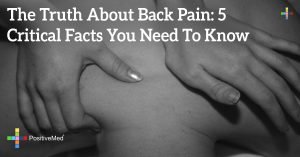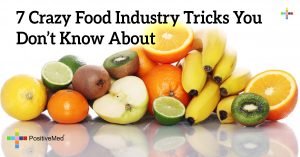
Hormonal imbalances have become a prevalent concern in our modern society, with many experts attributing them to environmental and lifestyle factors rather than disease. These imbalances can have far-reaching effects on health and well-being, especially when it comes to estrogen and testosterone levels. If you suspect you’re dealing with a hormonal imbalance, here are five foods to avoid that could contribute to the problem.
1. Soy Products: A Hormonal Disruptor
Soy stands out as a significant contributor to hormonal imbalance. Soybeans contain compounds that not only imitate human estrogen but also interfere with thyroid function, a crucial hormone regulator. Regular soy consumption has been associated with issues like sexual dysfunction, mood swings, depression, infertility, and fluctuations in body composition. Opt for alternatives like nut milk, coconut oil, and rice protein to mitigate these effects.
2. Poultry: A Hidden Source of Hormones
While poultry might seem like a heart-healthy choice, it can exacerbate hormonal imbalances. Poultry, despite regulations against hormone usage, often contains naturally occurring estrogen from soy-based feed. To sidestep this issue, consider substituting chicken or turkey with pastured pork, wild-caught fish, or grass-fed beef.
3. Artificial Colors: Hidden Hormone Disruptors
Artificial colors in food may seem harmless, but they can wreak havoc on your hormones. Derived from petroleum, these dyes are known to interfere with endocrine function. To safeguard your hormones, opt for products that use no added colors or those derived from fruits and vegetables.
4. Licorice: A Potent Estrogen Booster
Licorice enthusiasts might be surprised to learn that their favorite treat could contribute to hormonal imbalance. Research indicates that licorice’s estrogenic properties are stronger than those found in contraceptives. This potency has even led to investigations into using licorice as an anti-testosterone drug. For a milder alternative to occasional licorice cravings, turn to fennel and anise candies, which offer similar effects without the same intensity.
5. Dairy Products: An Estrogen Overload
Dairy consumption has long been associated with hormonal concerns, and recent research adds to this perspective. Regular dairy intake has been linked not only to elevated estrogen levels but also to a heightened risk of estrogen-dependent cancers. Geographic regions with high dairy consumption also exhibit increased rates of breast and female reproductive cancers. A considerable portion of the estrogen in the average person’s diet can be attributed to dairy products. Swap out dairy for alternatives like nut-based, coconut-based, or yeast-based products to avoid these potential issues.
In your quest for hormonal balance, being mindful of the foods you consume is crucial. By avoiding or moderating your intake of these hormone-disrupting foods, you can take a proactive step toward supporting your well-being and overall health.







